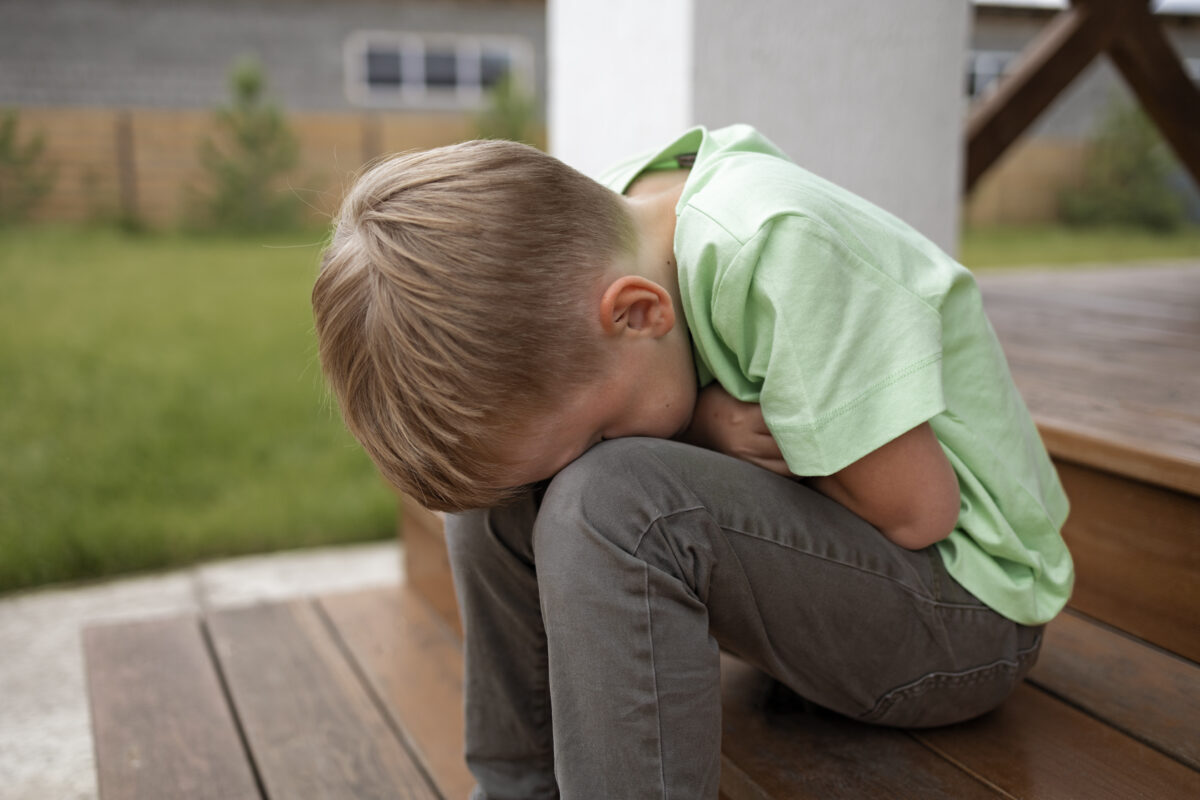In our society, there is an obligation to ensure equal rights and opportunities for all citizens, regardless of their health or other characteristics. However, even in the modern world, some individuals face discrimination, especially children with HIV-positive status. The story of Ayman (name changed) and her child is just one example of such discrimination, but it is important to highlight the actions taken to protect their rights.
Situation:
Ayman, a single mother, found herself in the need to provide care and education for her child, who also happens to be HIV-positive. She decided to enroll her child in an educational center that offered extended-day services and was conveniently located near their home. The center’s conditions included providing supervision for the child before and after school, meals, assistance with homework, and a focus on educational aspects.
However, when Ayman applied to the educational center, she was denied a contract for educational services due to her child’s HIV-positive status. This refusal left her puzzled and worried, as she did not know where to turn to ensure a safe and caring environment for her child after school.
Actions and REAction:
Ayman and an infectious disease specialist, who provided medical support to her and her family, decided to take action together. They contacted the management of the educational center and invited the staff for an explanatory conversation. During this discussion, several crucial points were addressed:
Modes of HIV Transmission: The infectious disease specialist provided information on how HIV is transmitted and the precautions taken to prevent transmission within educational institutions.
Non-Discriminatory Approach: It was explained that the Republic of Kazakhstan guarantees protection from discrimination based on health or health status. This means that refusing services based on HIV-positive status is unacceptable.
Confidentiality: To protect the child’s confidentiality and medical information, the center’s management was reminded of the strict need to maintain confidentiality and not disclose the child’s diagnosis.
Conclusion:
The joint efforts of Ayman, the infectious disease specialist, and the management of the educational center resulted in the resolution of the situation and the protection of the child’s right to receive educational services. This case underscores the importance of education and public awareness about the rights of HIV-positive citizens and the impermissibility of discrimination based on their health. The pursuit of equality and the protection of every child’s right should be a priority in educational institutions and society as a whole.
Also read:
Combating Discrimination Against Children with HIV in Kazakhstan Educational Institutions


